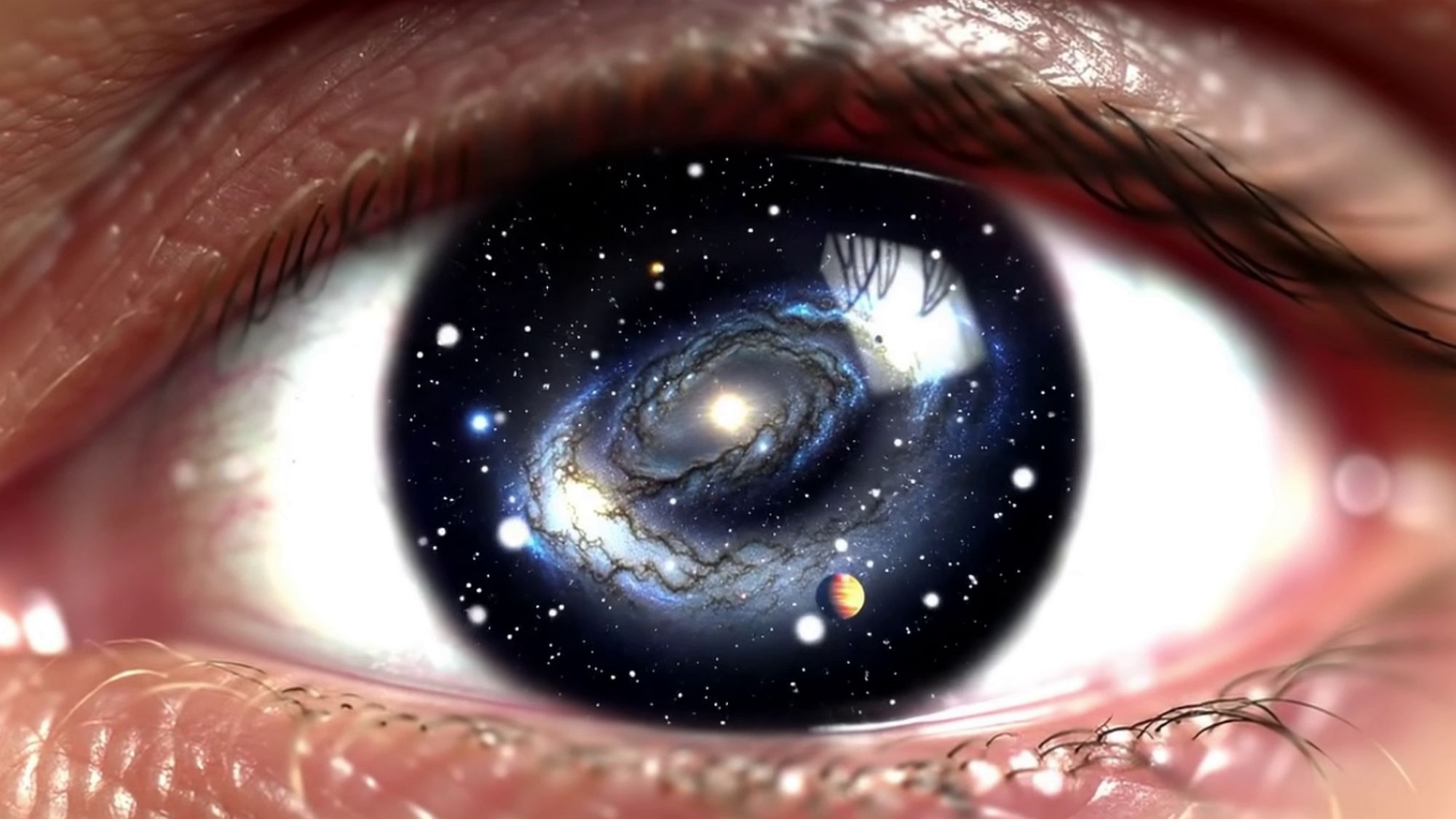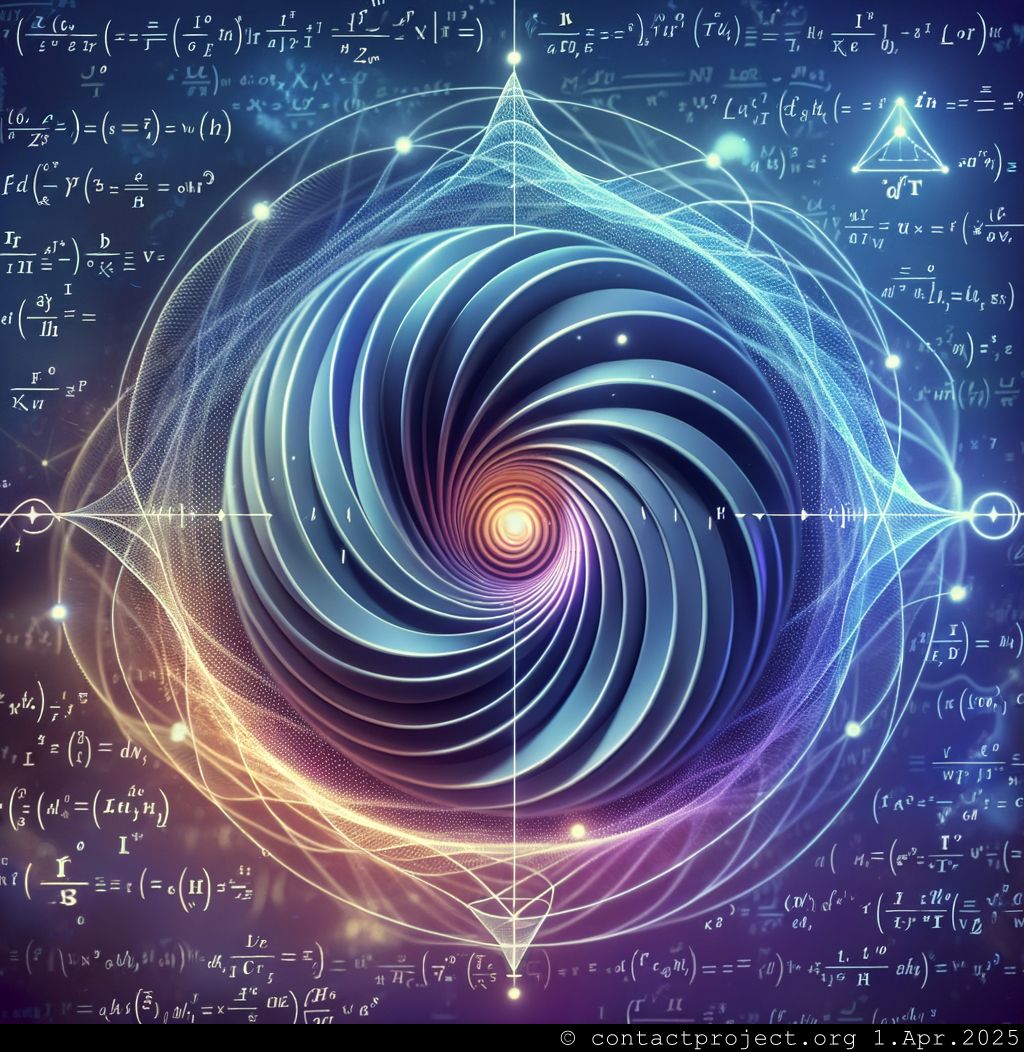In quantum mechanics, particles don’t have definite positions or velocities until they are measured. Instead, they are described by a wave function that provides a probability distribution for where a particle might be found. This wave function is often determined using the Schrödinger equation.

The idea that particles pop in and out of existence in random places based on probability calculations is not science; it’s ignorance. It serves as a mathematical crutch because we don’t know the mechanism that explains the behavior of quantum particles. The Schrödinger equation helps in these probability calculations.
To argue that probability calculations are the mechanism for this behavior is like claiming that the sun rises every day because there’s a 99.9999% probability that it rises every day. This sunrise probability is empirically proven. It may have been invoked to explain sunrises in the Middle Ages, because we didn’t know of any other good reason. But we know since Copernicus that the real reason for the sunrise is Earth’s rotation (around the sun).
We can theoretically describe any system using quantum mechanics, including Earth’s orbit, as a wave function (click here for an example). But that doesn’t add value or clarity to our understanding of how the sun rises and sets. Nor does it add value or clarity to our understanding of quantum mechanics, even through the Schrödinger equation.
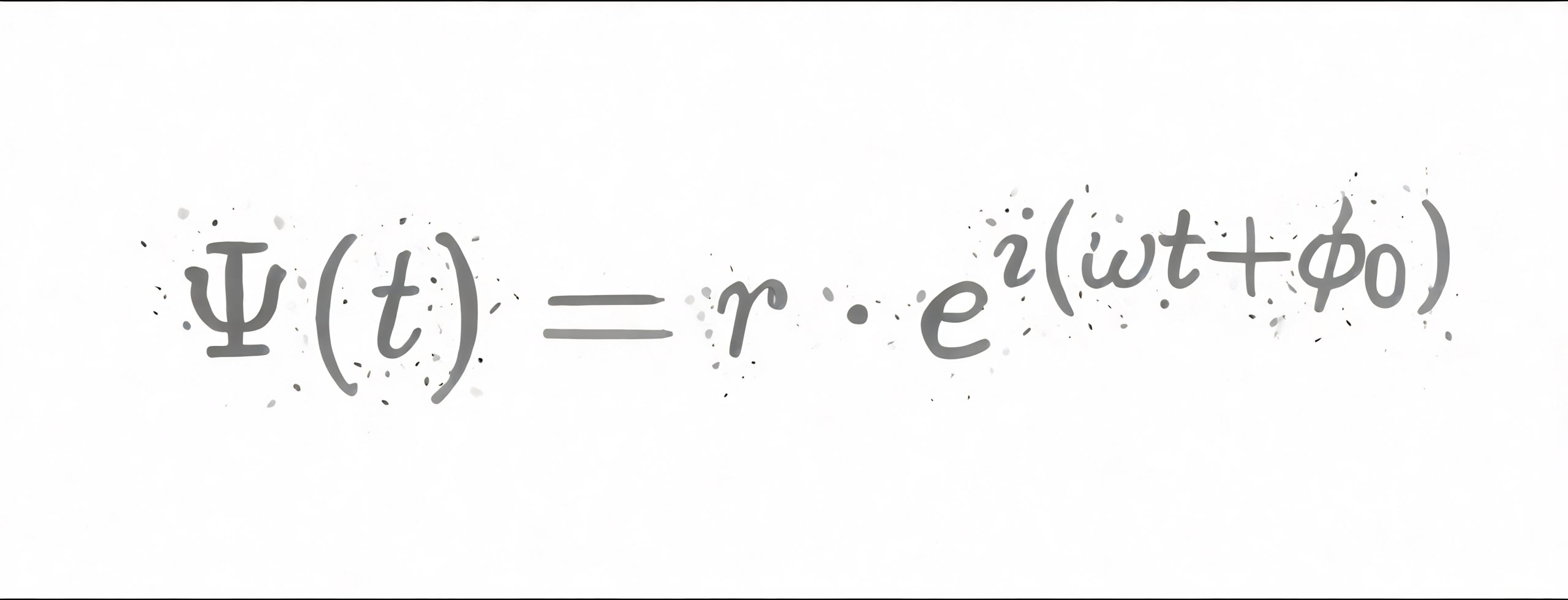
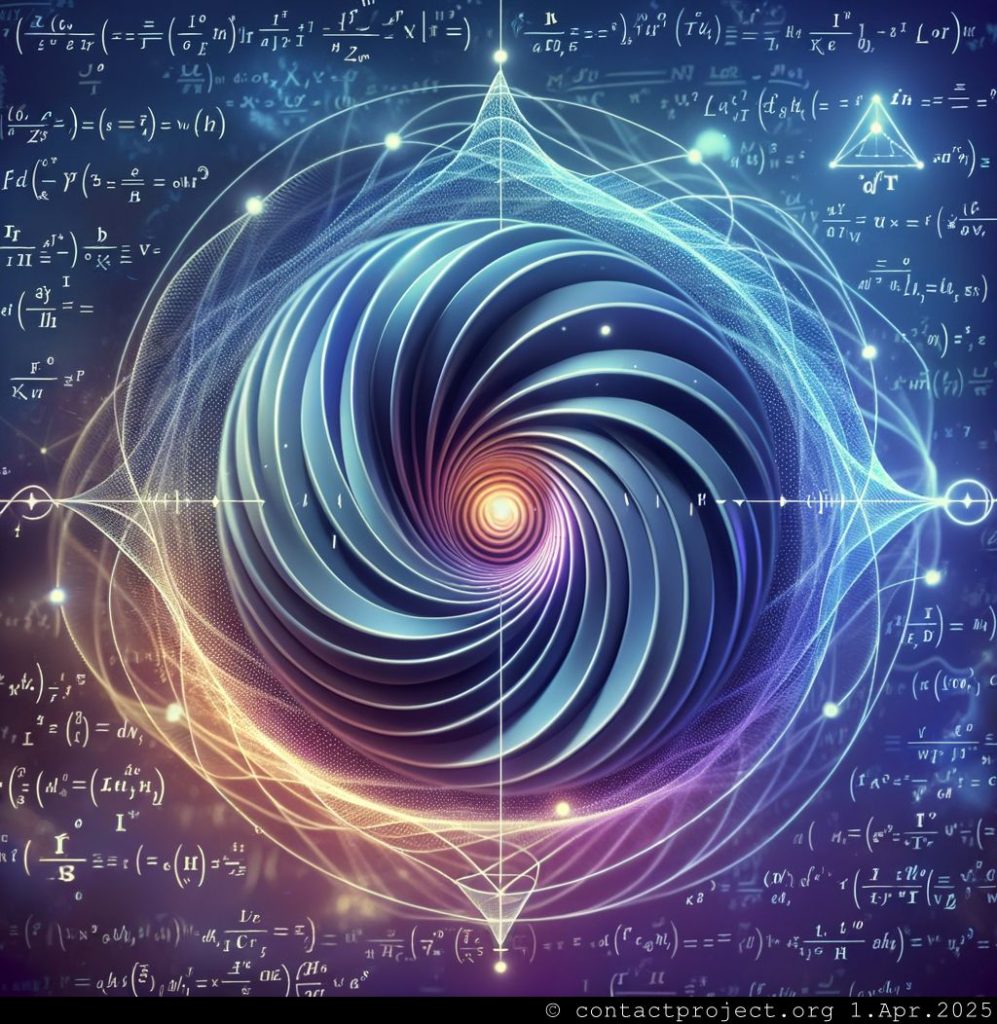
Science progresses by constructing models that predict observations, even when mechanisms are unclear. The Schrödinger equation and its probabilities are “tools” validated by experiment. They are NOT models or metaphors.
The search for quantum mechanisms continues.
How phenomena are modeled (epistemology) and what the phenomena fundamentally are (ontology) are two different things. The goal of science is to describe phenomena and to make predictions based on the description.
The goal of science is to describe phenomena and to make predictions based on the description. For this reason, I will continue to describe quantum tunneling (and even entanglement) as a property of 0/1D space.”
Erich Habich-Traut
For this reason, I will continue to describe quantum tunneling (and even entanglement) as a property of 0/1D space (zero-dimensional and one-dimensional space). My metaphor can explain a lot of Psi phenomena (telepathy, remote viewing, clairvoyance, superluminality, teleportation, spooky-action-at-a-distance). Surely, these can also be explained in terms of probabilities. However, I have a model, a working metaphor.
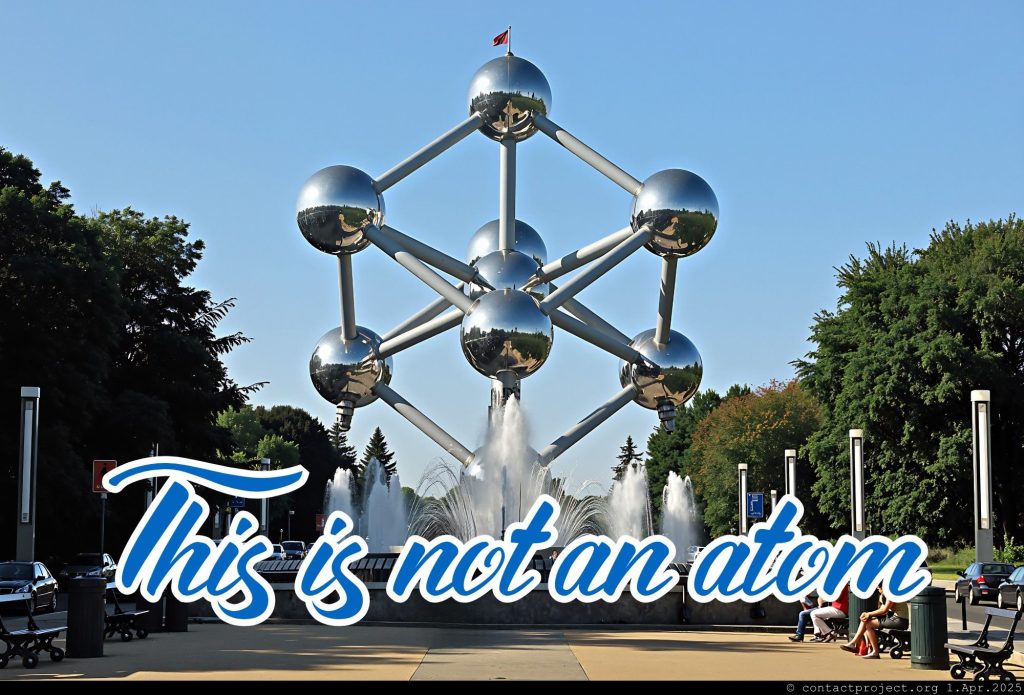
Such likeness allows me to say complex things in a fairly simple manner.
The Schrödinger equation could also lead to new perspectives, perhaps we are looking for a new Copernicus.
